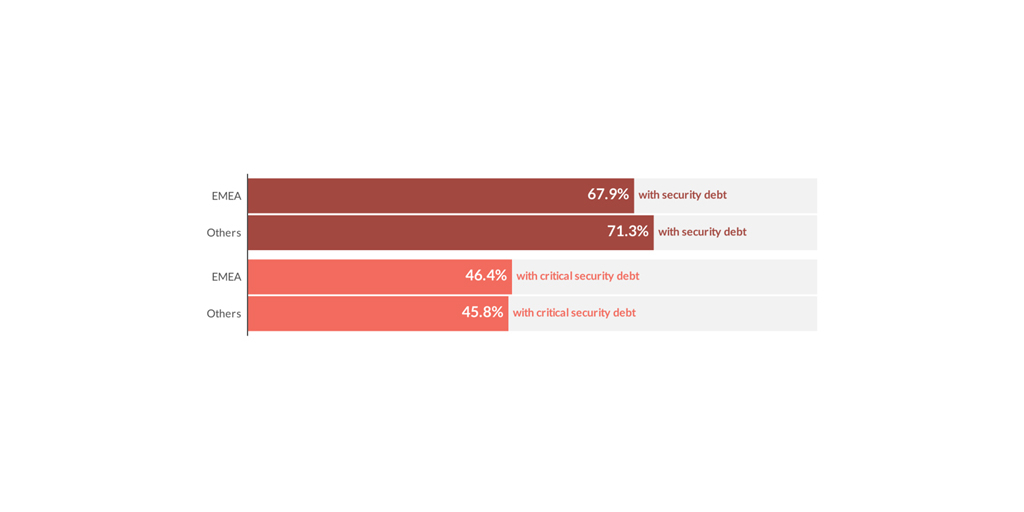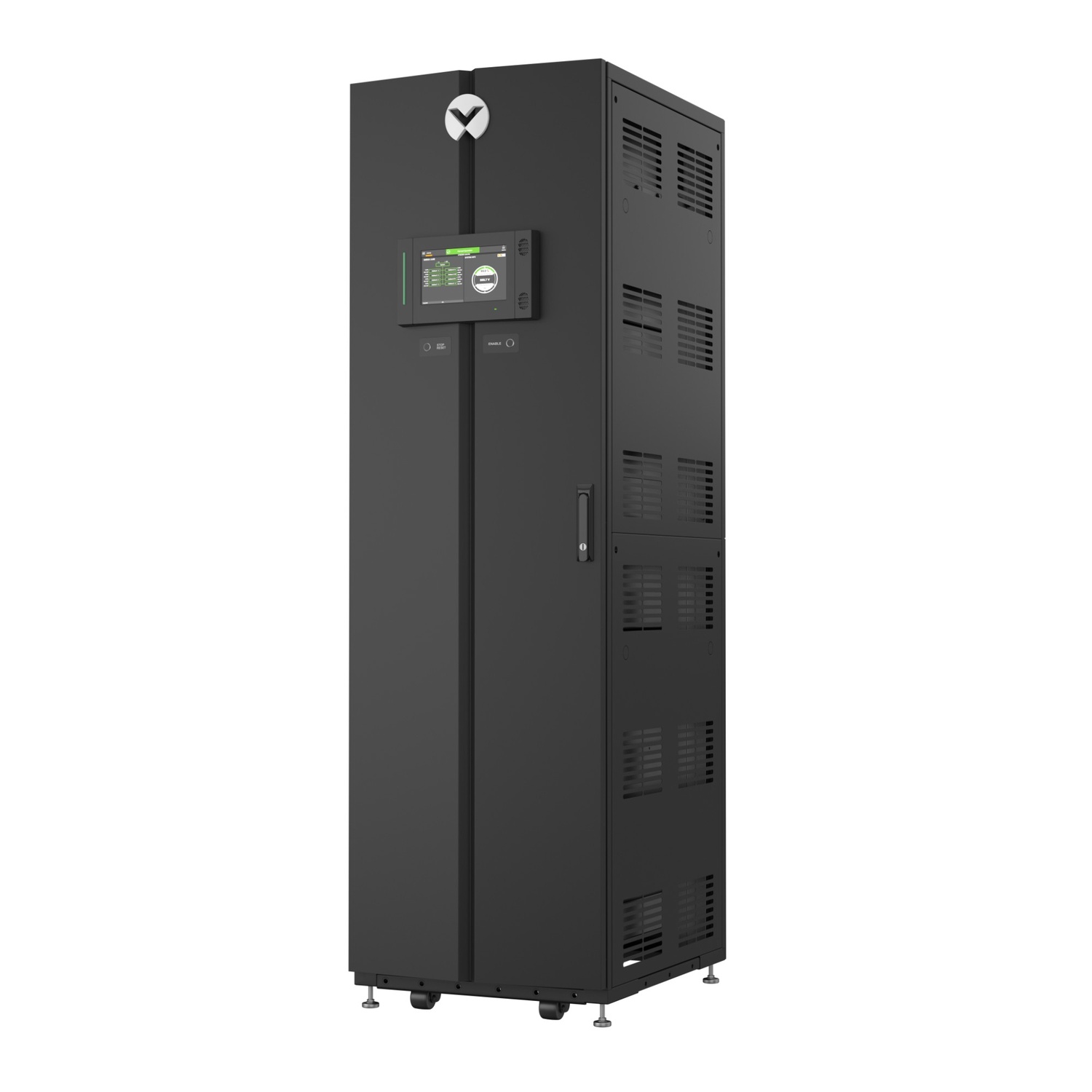Tech
Security Debt in EMEA Escalates Amid Rising Cyber Threat: Veracode Report Reveals Urgent Need for AI-Powered Remediation and Application Security Posture Management

Tech
Vertiv Introduces Fully Populated, High-Density Lithium Battery Cabinets for Fast, Cost-Efficient Installation in HPC Data Centers
Tech
M42’s Environmental Sciences team wins Biotechnology – Environmental Services Award at Middle East Technology Excellence Awards 2024
Tech
Green Mobility Hall at WETEX 2024 highlights the latest innovative solutions for green transport
-

 World3 years ago
World3 years agoComprehensive plan for development of Arab culture to be discussed at UAE conference
-
Entertainment2 years ago
R-rated Winnie-the-Pooh movie brings scary spin to Disney’s beloved character
-

 World3 years ago
World3 years agoHead of new Yemeni council promises end to war via peace process
-

 Business1 year ago
Business1 year agoKuCoin Delivers Keynote Speech at Green Sustainable Finance Forum in COP28 Blue Zone
-

 Entertainment8 years ago
Entertainment8 years agoNew Season 8 Walking Dead trailer flashes forward in time
-

 World8 years ago
World8 years agoIllinois’ financial crisis could bring the state to a halt
-

 Entertainment8 years ago
Entertainment8 years agoThe final 6 ‘Game of Thrones’ episodes might feel like a full season
-
Entertainment2 years ago
Hollywood’s video game performers authorize strike if labor talks fail





